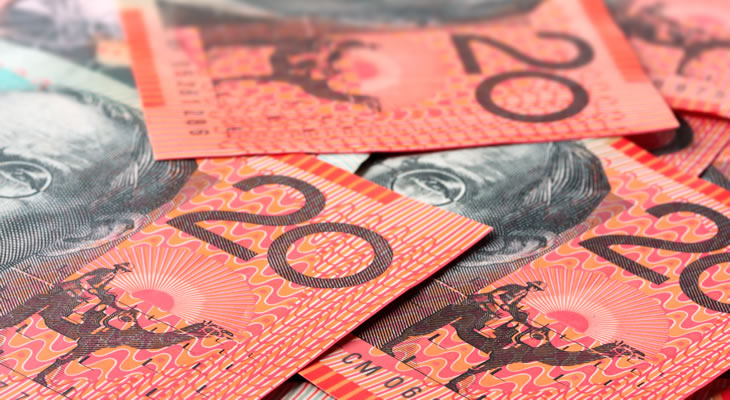Better-than-expected Rightmove house price figures helped to set the Pound Australian Dollar exchange rate on an uptrend at the start of the week.
With the UK housing market still demonstrating some signs of resilience the mood towards the Pound picked up, even with the uncertainty of Brexit negotiations continuing to hang over the domestic outlook.
Even though the latest raft of Chinese growth and production data also bettered forecasts, though, the Australian Dollar was unable to gain any traction against Sterling.
While global commodity prices picked up in response to the news that the world’s second largest economy has continued to experience strong levels of growth the mood towards the ‘Aussie’ remained somewhat muted.
Investors were not keen to buy into the antipodean currency ahead of the release of the Reserve Bank of Australia’s (RBA) July policy meeting minutes.
Analysts at Westpac noted:
‘The Reserve Bank remains on hold at 1.50% and the Governor delivered a neutral statement. Despite this, markets have priced in a rate hike for 2018. We continue to expect rates to be on hold throughout 2017 and 2018.’
Given that many of the major central banks have started to signal a greater shift towards hawkishness the persistent neutrality of the RBA leaves the Australian Dollar biased to the downside.
However, any signs that policymakers are discussing the prospect of higher interest rates or are taking a more optimistic view of the domestic economy this could put pressure on the GBP AUD exchange rate.
Volatility is also likely as a result of Thursday’s raft of Australian labour market data, with forecasts pointing towards an uptick in the unemployment rate from 5.5% to 5.6%.
If the labour market fails to maintain its tighter conditions the mood towards the antipodean currency is likely to sour, with the prospect of a RBA interest rate hike diminishing further.
Sterling Pressure to Increase on UK Inflation Data
Demand for the Pound, meanwhile, could weaken sharply if June’s UK consumer price index report proves disappointing.
Any softening in inflationary pressure could dent the odds of the Bank of England (BoE) returning to a tightening bias in the coming months, in spite of increasingly hawkish rhetoric coming from some policymakers.
On the other hand, with wage growth still trailing significantly behind the recent upwards curve in inflation an easing could improve confidence within the domestic economy and boost consumer spending.
Even so, with markets primarily focused on hopes of the BoE raising interest rates from their record lows sooner rather than later any easing of the wage squeeze is unlikely to offer the Pound a particular rallying point.


Comments are closed.